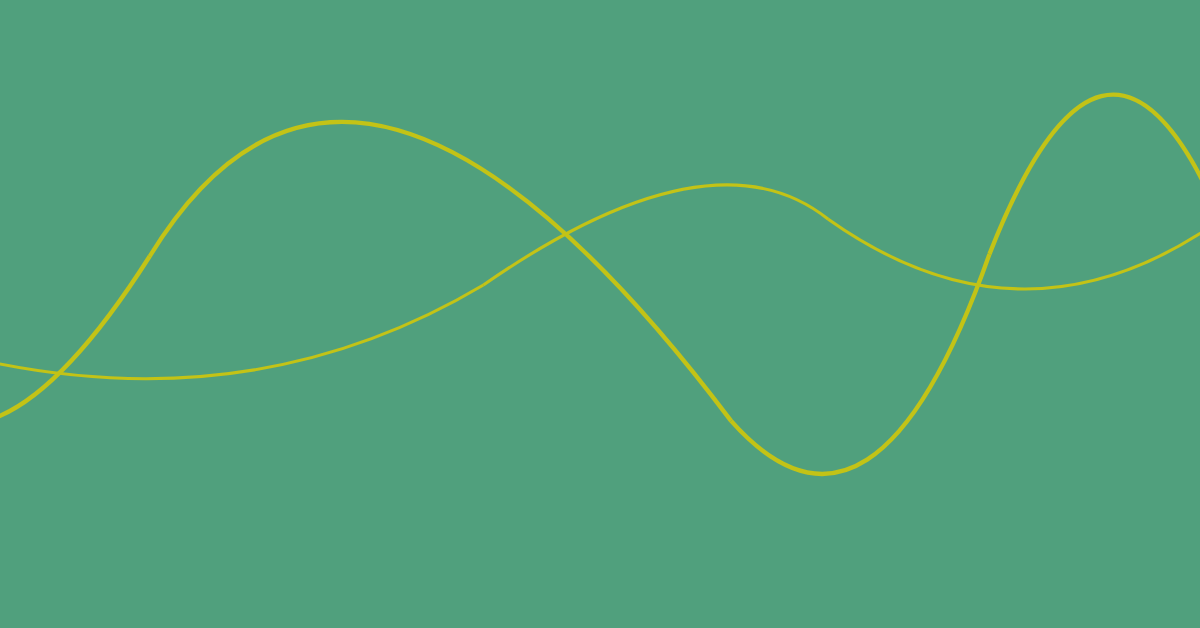There is a global mental health revolution underway, which has ketamine at its forefront.
Approved for use in the UK and available at Klearwell, it’s one of a range of psychedelic medicines.
Ketamine, when combined with psychotherapy, can benefit people with depression, anxiety disorders, PTSD, eating disorders and addictions to multiple substances including alcohol.
But what exactly is ketamine; how does it work in relation to those conditions; and how can you access it right now in a safe, supportive environment?
Read on for the answers to these and more questions, plus all the other essential facts about ketamine and ketamine-assisted psychotherapy.
How does Ketamine work?
Ketamine is primarily known as a dissociative anaesthesia, which induces a trance-like state and provides pain relief and sedation.
Whilst illegal in most countries without a prescription, it’s been widely approved as an anaesthetic in hospitals and other medical settings across the world. It has relatively few side effects, which makes it ideal for children, people allergic to other anaesthetics and those whose medical history isn’t fully known.
Administered in significantly lower doses, it has proven to be a highly successful adjunct to the psychotherapeutic treatment of a wide range of mental health conditions.
The History of Ketamine-Assisted Therapy
Synthesised for the first time in 1962, ketamine gained United States Federal Drug Authority approval in 1970 and was widely used by the military as a surgical anaesthetic during the Vietnam War.
In the 1980s, it became associated with rave culture and continues to be used as an illicit club drug.
In 2016, the Ketamine for Reduction of Alcoholic Relapse (KARE) study, which was led by Professor Celia Morgan, confirmed its efficacy in delivering positive patient outcomes.
In 2019, a ketamine-like drug, Esketamine, was licensed in the UK as a treatment for severe depression.
In 2020 Facebook founder Mark Zuckerberg was among the backers of the successful campaign to reform the drug laws in Oregon where, as a result, it’s now easier for people to access ketamine and other psychedelic medicines. California, Florida, Connecticut, Vermont, Washington and Iowa are among the latest American states to contemplate similar legislation.
What are the effects of Ketamine?
Ketamine is what’s known as an NMDA receptor antagonist, which means it has anaesthetic, dissociative and hallucinogenic effects. Inhibitions are lowered and insights gained, which can be built on in non-drug psychotherapy sessions.
These effects can all be precisely controlled by the level of the dosage given, and the therapeutic support provided.
How does Ketamine-Assisted Therapy work?
A common trigger for mental health conditions and relapse is low mood. Standard SSRIs like Prozac take a few weeks to work whereas ketamine is a rapid-adapting antidepressant, the benefits of which can be felt almost immediately.
Ketamine induces an altered state of consciousness which, when honed alongside their supportive psychotherapy course, enables patients to tackle the rigid narratives that are maintaining their mental illness.
They’ve become experts at ‘not going there’. What psychedelics offer is an opportunity to break that ‘stuckness’ or barrier, which results in high levels of treatment resistance.
Ketamine as a Treatment for Alcohol Use Disorder
The KARE study found that currently available treatments have a high relapse rate of 70% within a year. Ketamine, combined with psychotherapy, reduces the one-year relapse rates by over 40%.
Customised Treatment Programme
The treatment consists of eleven sessions of outpatient therapy over a nine-week course. Clients will not be required to stay overnight for any sessions. Four of the therapy sessions will involve being injected in the arm muscle with a solution of ketamine, the effects of which will be felt after about five minutes. The dose will vary across the four drug sessions depending on your clinical progress and in collaboration with yourself. Some people may desire or require higher doses. Others may wish to stay on lower doses. You will have control over how the therapy progresses.
The Length of Sessions
Non-drug sessions last 50 minutes, and the drug-assisted ones two hours. Afterwards, clients are welcome to spend as much time as they want in our relaxation area before heading home.
What Do The Professionals Say?
The Chair of the UK’s All-Party Parliamentary Group for Drug Policy Reform, Crispin Blunt MP: “The case for engaging in the research into psychedelics is a blinding glimpse of the obvious. We’re talking about millions of people suffering from depression – the potential here is absolutely enormous.”
Professor Celia Morgan on the KARE study: “We had a man who’d been drinking seven bottles of wine a night reporting being sober for the first time in thirty years, which is an incredibly powerful testimony.”
Professor David Nutt: “The outcomes these psychedelic medicines offer are incredible. After fifteen years of rigorous research and trials, we’re now at the point where ketamine is a proven treatment for depression.”


